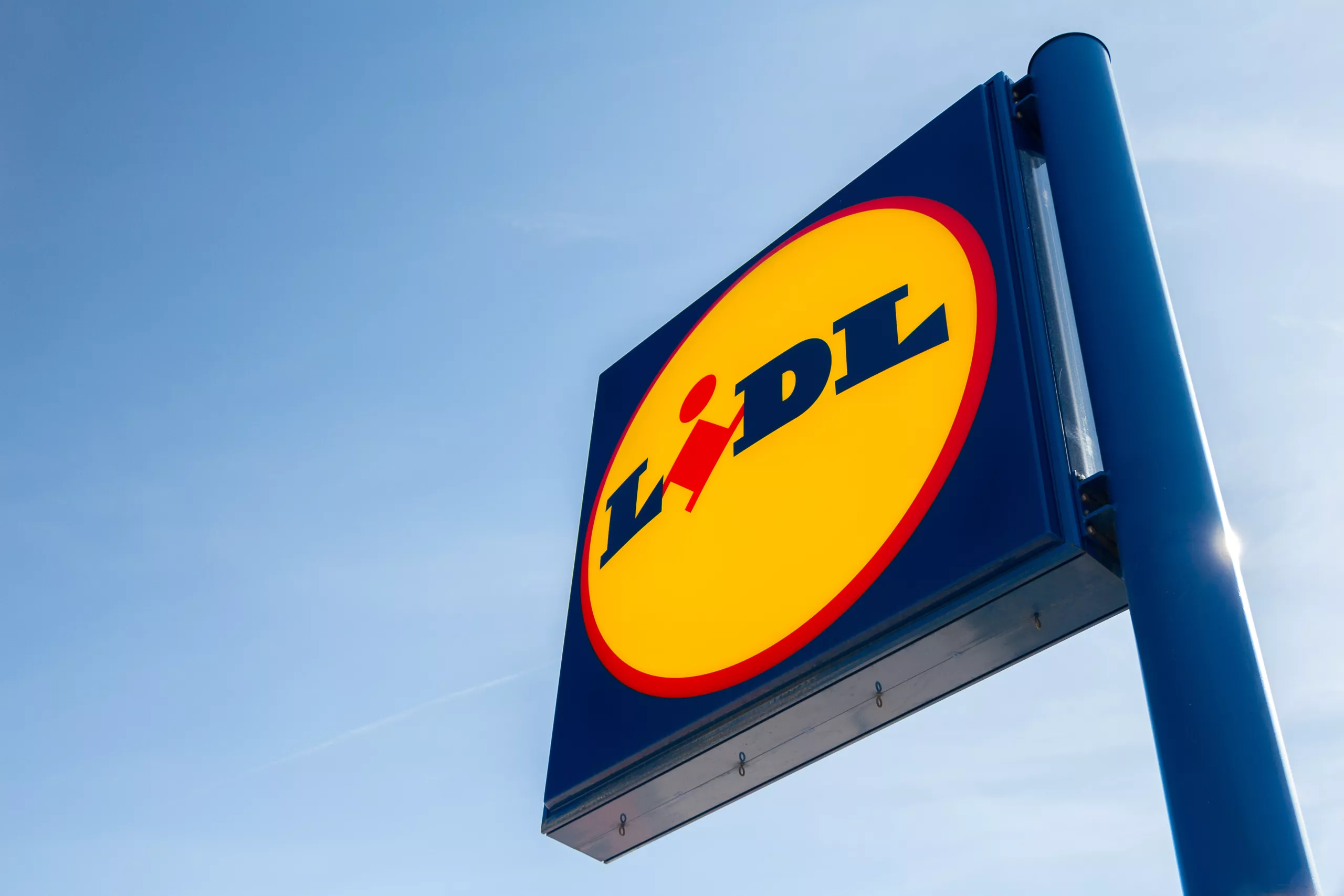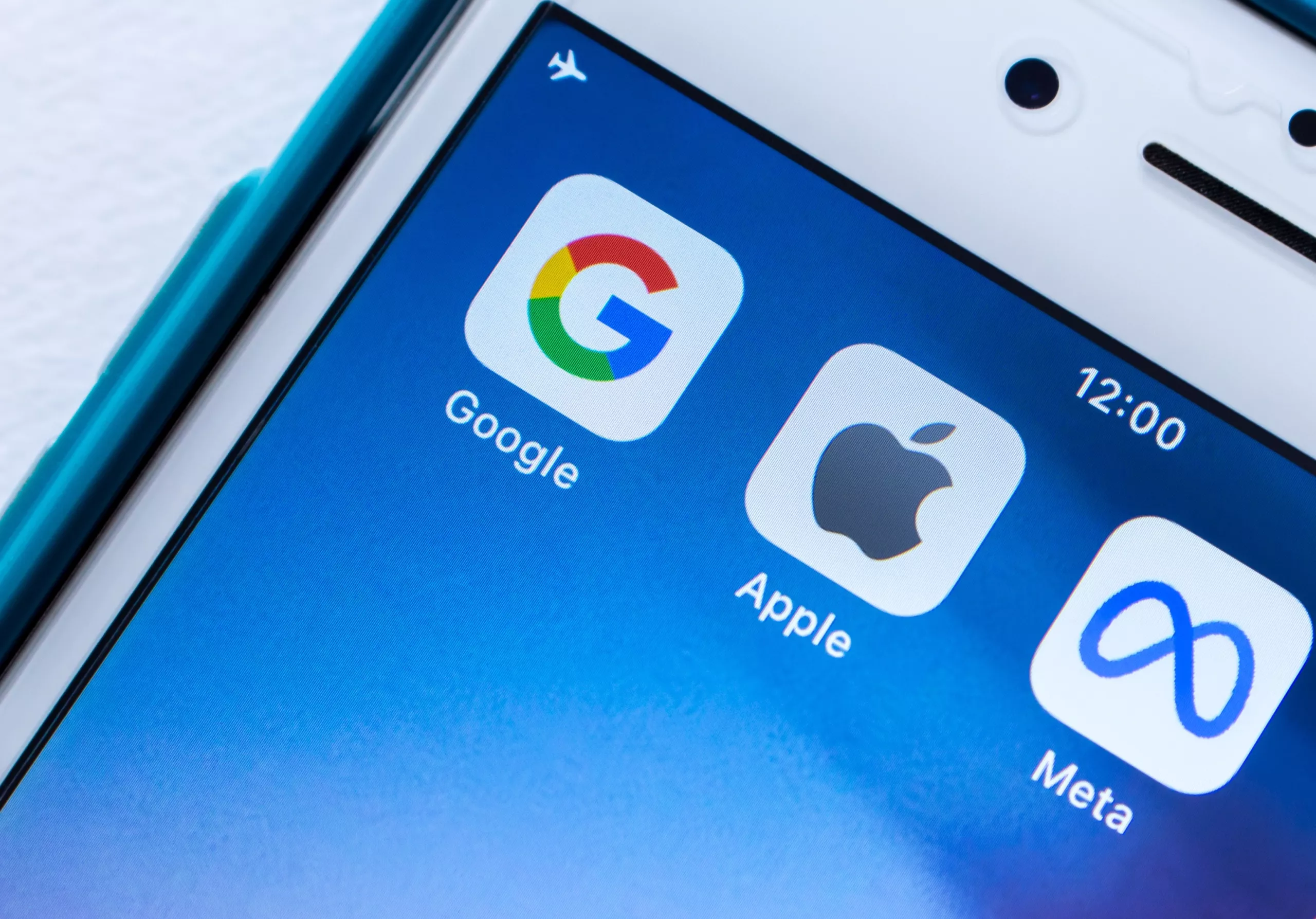Trademarking – What do President Donald Trump, Cheryl, Beyonce and Jay Z and a 9/11 hero widow have in common? They have all successfully trademarked a name, word or phrase.
United States President-elect, Donald Trump has registered the phrase, make America great again as a trademark. The phrase has been a common Republican rhetoric since the early 1980s, however, Trump was the first person to claim commercial rights over it. He applied for the trademark in 2012, days after the presidential election. It was approved in July 2015. However, he failed in his attempt to trademark the phrase, you’re fired.
On this side of the Atlantic, Cheryl Cole has prevented her ex-husband, Jean Bernard Jean Bernard Fernandez-Versini from naming his restaurant Versini because, believe it or not, according to The Sun Newspaper, she trademarked his surname (which she shared at the time), shortly after they were married.
To name another, days after their daughter’s birth, Beyonce and Jay-Z trademarked the name Blue Ivy Carter. Goods and services listed under this trademark include: baby teething rings, cosmetics, entertainment services, baby bundling and many, many more.
Controversially, Lisa Beamer, widow of Flight 93 hero Todd Beamer, had his final words, lets roll trademarked by the Todd Beamer Foundation. Despite the successful application, Mrs Beamer was accused of trying to profit from her husbands death when she made the trademark application.
Despite these and other notable people successfully trademarking seemingly ubiquitous phrases and names, trademarks are not always easy to register.
What you cannot trademark
Harley-Davidson once tried to register the sound of a revving engine.
In 2005, a French company tried to trademark the smell of strawberries.
In 2006, Walmart tried to trademark the yellow smiley face, which has been used since the 70s.
None of these applications succeeded.
A trademark is a sign used to distinguish the goods and services of one undertaking from those of another. In other words, a trademark enables consumers to identify goods or services as originating from a particular company or relating to a certain product or service.
Trademarks will not be registered if they are considered:
- Offensive
- To merely be describing the goods and/or services it relates to, e.g. cashmere for a cashmere jumper
- Misleading, e.g. use the word organic for goods that aren’t actually organic
- Too common and non-distinctive, e.g. a simple statement such as we are the best
- Look too similar to state symbols like flags or hallmarks, based on World Intellectual Property Organisation guidelines
The commercial advantages of a trademark
Acquiring a trademark can offer protection for your brand and business reputation. If a person or a company uses a name, word, logo or phrase that you have registered as a trademark, you are entitled to seek a court order to stop them and/or seek compensation if the infringement has caused you to suffer a loss.
You can also sell or licence a trademark. A licence can be granted to a third party to give them permission to use your trademark in a way that would ordinarily be an infringement of your trademark rights without the licence.
Trademarks and intellectual property generally can be licensed-out or licensed-in. You can license-out to another company in return for a fee. You can license-in if you want to use another company’s intellectual property to develop your own business and products.
Some of the key benefits of licensing out your IP include:
- revenue generation
- the ability to quickly enter markets that you would ordinarily not be able to cover by allowing a third party to sell you product under a recognised brand
In summary
Celebrities are not the only people who can benefit from trademarking their name or a particular phrase. If your business has a unique idiom or title, it is imperative that you protect it.
If you do not act swiftly to guard your intellectual property and brand, someone else could potentially profit from your innovation and creativity. Although registration of a trademark is not compulsory, it is extremely advisable. If your trademark is not registered, you may still be able to claim relief through the common law action of passing off. However, this is much more difficult to prove and subsequently may incur steeper legal fees.
Inevitably, it is safer and ultimately more cost-effective to ensure your name, idiom or phrase is registered as a trademark, allowing your brand to benefit from clear, transparent legal protection.
Saracens Solicitors is a multi-service law firm based in London’s West End. We have dedicated and highly experienced IP solicitors who can advise and represent you if wish to register a trademark or enforce an IP right. For more information, please call our office on 020 3588 3500.
Do you have any comments to make on this article? Please feel free to add them in the section below.
Table of content
Recent Posts
Phillip v Barclays Bank: Duty of Care Owed by Payee Banks to Non-Customers
In a recent legal battle which has captured the attention [...]
Tokenization: UK Law On Tokenizing Real-World Assets
The world of finance is being reshaped by tokenization, where [...]
Lidl v Tesco: A Clubcard Catastrophe
In an unexpected turn of events, discount supermarket giant [...]







